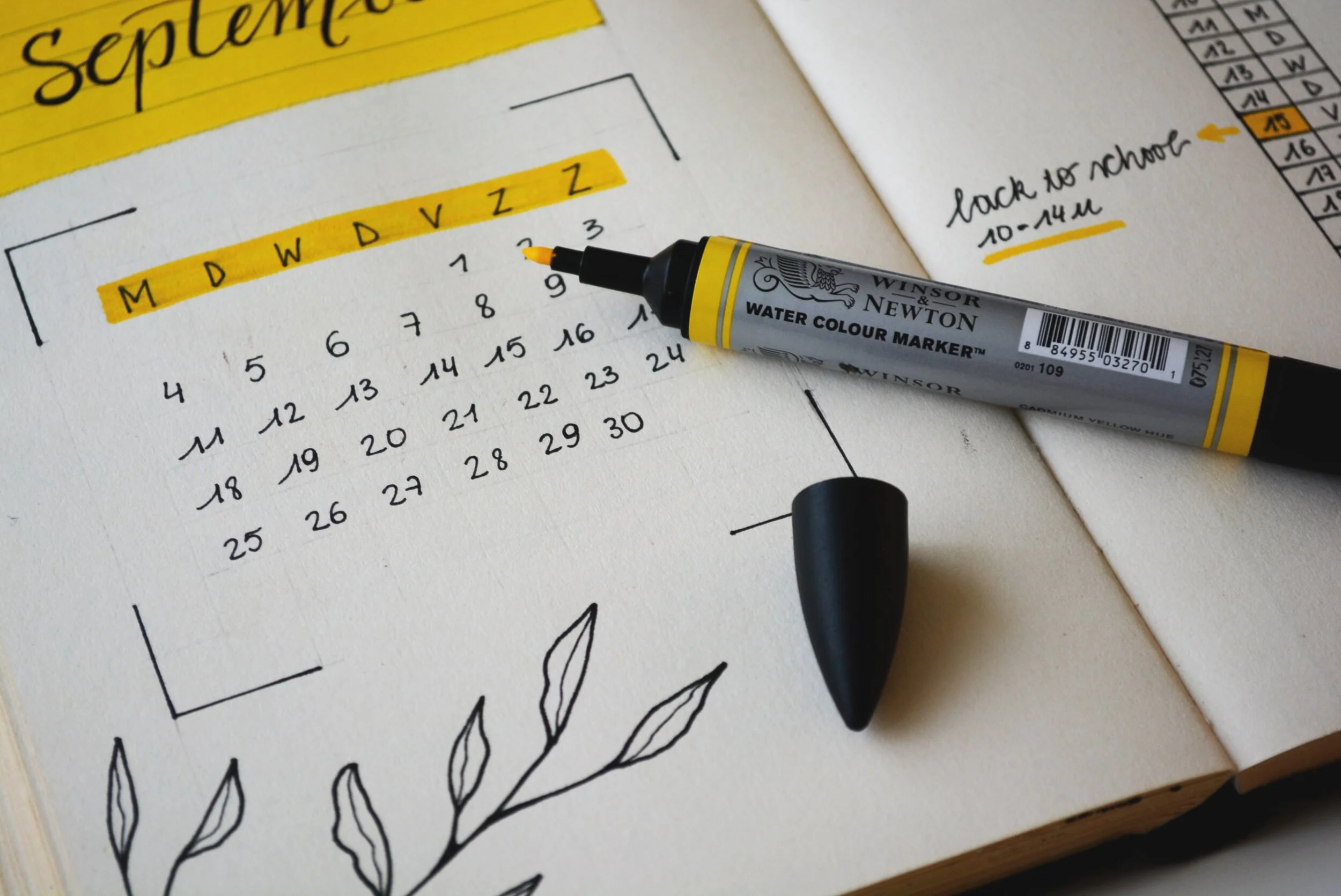Create a watertight book proposal that will convince literary agents and publishers that the world needs your book and needs it now. When and why you need a proposal, a detailed template, 5 biggest mistakes, plus proposal FAQs.
Read MoreWord count guidelines matter, and believe it or not, there are good reasons. In this post, I go over word count standards by genre, why they are what they are, why word count matters even for self-published authors, and what to do if your book is too long or too short.
Read MoreThe only platitude I’ve heard repeated as often as “show don’t tell” is “you need a thicker skin.” Nonsense. You need a better rebound.
Read MoreAs I’m sure you’re aware, the path to getting a book into bookstores is not easy, but it is straightforward. I’ll go over the ins and outs from literary agents to advances, editors to proofreaders, marketing to publicity.
Read MoreWhen it comes to your book's success, it's less about self-publishing versus traditional publishing and much more about the foundation you've laid. Before you put a book into the world, do these two things first.
Read MoreWhen you should and when you shouldn't query literary agents in another country. Plus, what you need to be ready for if you do.
Read MoreThink social media is the only way to build an author platform? Think again. There are many ways to make a name for yourself in the book world....even if you're an introvert.
Read MoreAge-old wisdom says you should never query agents in the summer months, but is this a myth or a fact?
Read MorePitching agents can be torturous. Did they get my query? Did they hate my query? I bared my soul and all I got was this form rejection? Ugh, I’ve been there. Fortunately, you don’t need a miracle to turn this around. You need a strategy.
Here’s a case study for you.
You’ve got a great book, but now you have to write something that might feel even harder — a knockout query letter. In this detailed guide, I’ll show you exactly how to do that without making all-too common mistakes.
Read MoreI talk a lot about finding the right agent for you, rather than just any agent. You want someone who gets your vision, who knows how to sell books like yours, and whose personality gels with yours, which means finding the right agent is a pretty personal task. That said, there are a few consistent qualities we should all be looking for:
Read MoreI’m going to cut out all opinion and all hype to be as realistic and straightforward as I can about the ins and outs, the pros and cons, and all the numbers for both ways to publish.
Read MoreA pretty common fear among aspiring authors is that if they pitch their book to an agent or publisher, that person will steal their idea. They either avoid querying, or they write “copyright” all over their manuscript, which immediately makes them look like an amateur.
Read MoreI didn’t believe it when I started out, but to get a book published, you’re going to need to know people—mentors, teachers, friends, colleagues, critique partners, and cheerleaders. There’s nothing I hate more than schmoozing, so I’ll tell you how I found those people without ever networking.
Read MoreLanding a literary agent may be difficult, but that doesn’t mean you should be getting ignored. If you’re sending out queries and not hearing back at all, you’ve got a problem that needs to be addressed.
Here are some possible reasons you’re hitting a wall:
Read MoreOne of the fastest and most powerful ways to build your author platform is to be featured in big media, either as an expert source or by writing the right kind of piece yourself.
Read More1. Finish your book.
While non-fiction books are generally sold on proposal, novels are not. With fiction, they don’t just want an idea of what they’ll get, but they’ll want to read exactly how the whole thing pans out. Ideas are a dime a dozen. It’s the execution we all struggle with.
Read More

















